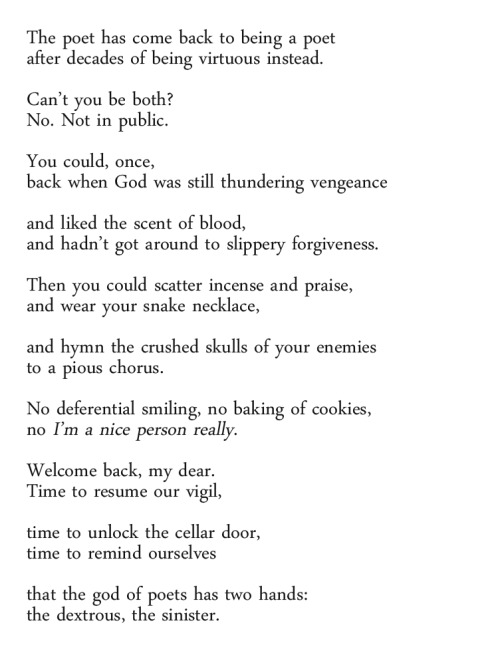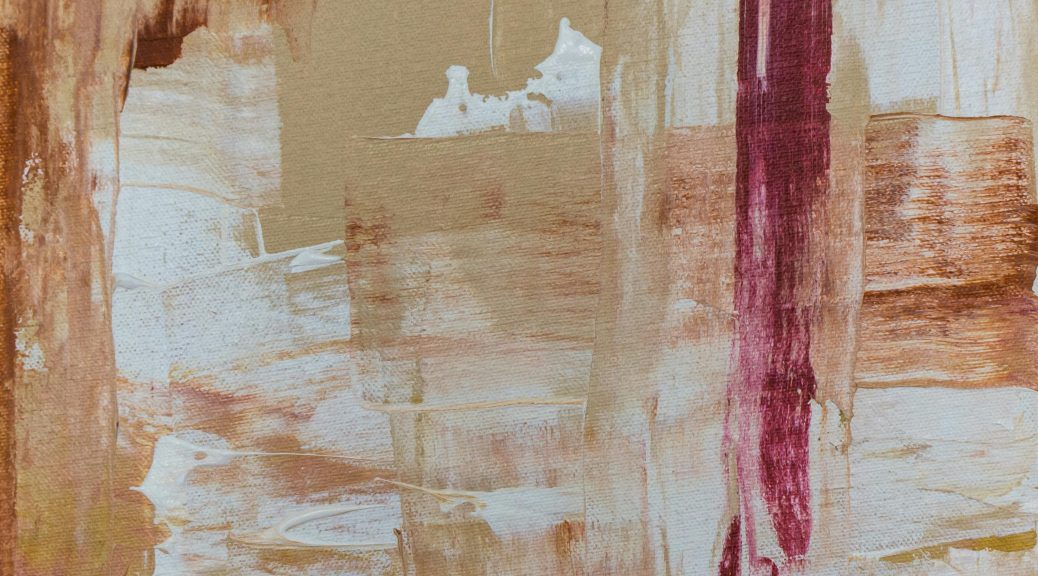Going through Atwood’s poetry again recently, I found myself returning to “You Begin”, a poem I keep coming back to every now and then. Partly, I suppose, because it seems so straightforward, but reveals itself as being more profound the longer you engage with it; its form mirroring its content.
Some interpretations I’ve come across frame it in terms of maternal love, or the complications and insights of teaching. The readings tend to focus on the often challenging task of explaining the world’s complexity to a child who doesn’t yet have the language or experience to grasp it. I’ve always liked the poem for its elegance beneath its simple imagery: How, by formal way of an instructive educational lesson, it illustrates how language often fails to convey immediate, lived experience for which there can’t ever be an adequate linguistic substitute. Language can be surprisingly clumsy when it tries to bridge the gap between the word and the world.
You Begin is about many different things. It is a poem about the weight of language, signification, the limitations of knowledge, embodiment, and the ever-present, quiet proximity of danger. It keeps returning to the body (more specifically: the hand) as the final fallback when signification breaks down.
“You begin this way: / This is your hand, / this is your eye…”
The teaching begins in the body. Before abstraction and metaphor, the child understands the tangible. The body is the site of first knowledge, and the hand becomes the motif of return. Later in the poem (and, by metonymical extension, in life), when language falters and experience exceeds comprehension, it becomes the anchoring concept.
Continue reading Atwood’s “You Begin:” A Reading



